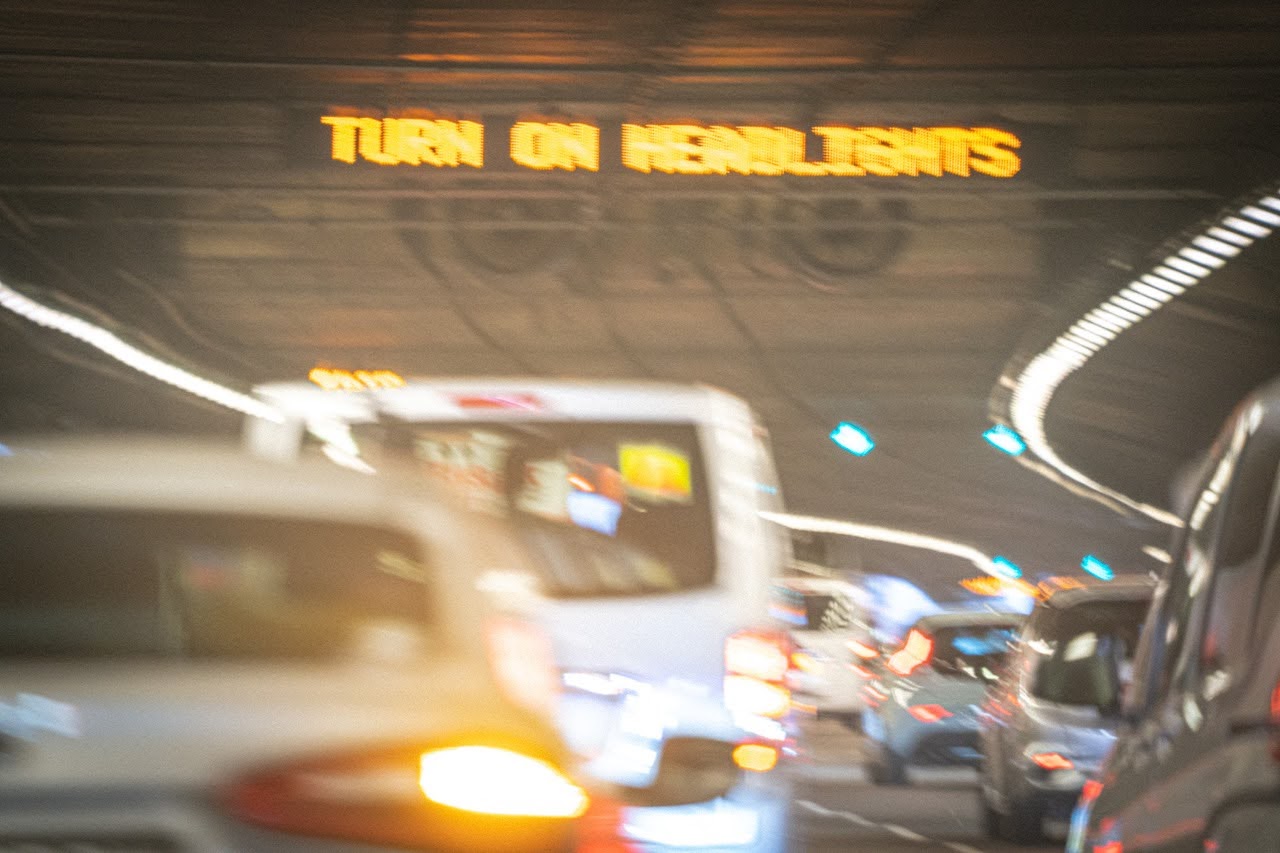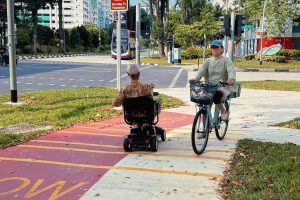Top image: Tey Liang Jin / RICE File Photo
We need to change our driving culture. Innocent bystanders will keep dying if we don’t.
Drivers in Singapore are notoriously allergic to giving way; a handful of them even speed up when others try to switch lanes. Perhaps it’s our kiasu-ness showing.
Or perhaps the entitlement stems from how cars are viewed as a status symbol here. Even with the obscene Certificate of Entitlement (COE) costs—COE premiums have gotten more expensive in the latest bidding exercise—47 per cent of youths still aspire to own a car before 35, according to a 2022 Land transport Authority (LTA) study.
ADVERTISEMENT
Questions about Singapore’s road safety and driving culture were raised in Parliament following a multi-vehicle accident in Tampines last month, which killed two people. Minister of State for Home Affairs Faishal Ibrahim responded to the questions in the Parliamentary sitting on May 7.
“What the laws are today are already quite stiff,” he elaborated, responding to the questions on road safety.
The adequacy of Singapore’s current penalties for dangerous driving is debatable. But the surefire way to prevent fatalities on Singapore’s roads is to change how we behave while driving, not just harsher punishments.
Harsher Punishments May Not Be the Answer
In an informal Telegram poll, only 6 percent of 477 RICE readers felt that current penalties are just. The majority thought the penalties for dangerous driving should be harsher, while 39 percent remained on the fence.
Members of the public questioned the reluctance towards harsher driving penalties, especially in the wake of the loss of two innocent lives last month. Indeed, while the public has pushed for tougher legislation on dangerous drivers, harsher punishments aren’t a panacea.

Penalties for dangerous driving were already upped in 2019. However, the recent spate of fatal accidents and the aforementioned rise in fatalities from 2019 to 2023 show that dangerous driving is still a serious concern.
In a CNA commentary by academics Jean Liu and Bozy Lu, they note that studies overseas show that increased penalties typically only reduce the rate of incidents “very moderately”.
It’s also not enough to rely on drivers’ and pedestrians’ vigilance, they say. Instead, more ‘traffic calming’ measures should be implemented to reduce fatal accidents. This essentially means designing roads with features like narrower lanes, speed bumps, and raised crosswalks to force drivers to slow down.
ADVERTISEMENT
Nobody really gets behind the wheel intending to cause an accident. But they invariably happen due to carelessness or an accumulation of poor driving habits.
While we are taught in driving school to give way to pedestrians and other drivers, it’s safe to say that a good number of drivers don’t actually practise this in real life. Here in Singapore, the focus is more on getting from point A to point B as fast as possible, even if you have to cut people off or honk at the people in your way. Watching out for other road users just isn’t top of mind.
We’ve even got Facebook pages like SG Road Vigilante and Roads.sg posting a steady stream of videos on a daily basis calling out errant and entitled drivers.
Altercations between drivers used to be even more common in the past but have died down in the age of dashcams and online shaming, a Roads.sg spokesperson told TODAY last year.
Even so, road rage is definitely still a thing here, he says: “It’s a real and big issue in Singapore, to the point that people are reacting based on very small incidents like lane cutting.”

Why Penalties Still Feel Inadequate
Putting aside the issue of deterrence, though, perhaps it’s also this nagging feeling of injustice—that a few years in prison is apparently enough punishment for causing senseless deaths.
News reports of sentences have often been accompanied by online comments deriding what they perceive to be weak sentences.
The man who drove down Ayer Rajah Expressway against the flow of traffic in 2016, killing one and leaving four injured, was sentenced to just a year’s jail. His culpability was reduced as he was suffering acute psychosis, the court heard.
In another high-profile case, a private-hire driver who ploughed into six women at Lucky Plaza and killed two was sentenced to two years and six months in jail, as well as disqualified from driving for 10 years.
Even when victims survive, they sometimes have to deal with lifelong medical issues. After a car crash at a Clementi junction in 2018 which killed an NUS student, one survivor suffered brain injuries and reduced mobility. The cabby driving the taxi he was in was sentenced to eight weeks’ jail and a five-year driving ban. The speeding driver who had collided with the taxi was fined $5,000 and received a two-year driving ban.
There might be room for harsher penalties for dangerous driving. It’s important that people are punished for their crimes—especially ones like these that cause irreparable harm. But it’s not the silver bullet that will eradicate fatal accidents.
Sometimes, it’s easier to point fingers at the law rather than talk about changing something as intangible as driving culture. However, it’s necessary to tackle the problem of dangerous driving as a whole.

This ‘Ongoing Journey’ Needs a Destination
It’s only natural that emotions run high when we hear of tragic accidents like the Tampines incident. The unpredictability of traffic incidents and the lack of a clear escape route only heightens anxiety. Nobody likes to feel that they could be the next unlucky victim when they’re simply going about their day.
If we’re looking objectively at our penalties, those in Singapore indeed pale in comparison to those overseas. In the UK, the maximum penalty for dangerous driving causing death is life imprisonment. In Australia, the maximum penalty is 15 years in jail. If there are aggravating factors, such as the driver having drugs or alcohol in their system, the maximum penalty is life imprisonment.
Even as public sentiment in Singapore leans heavily toward harsher penalties, we should also consider the pros and cons carefully. What if you find yourself on the other side of the law? What if you’re behind the wheel when an accident happens? Would a harsh sentence feel fair to you, then?
MOS Faishal isn’t wrong. Yes, it’s an “ongoing journey”. But we’ll get there a lot faster if we can agree on a destination.






